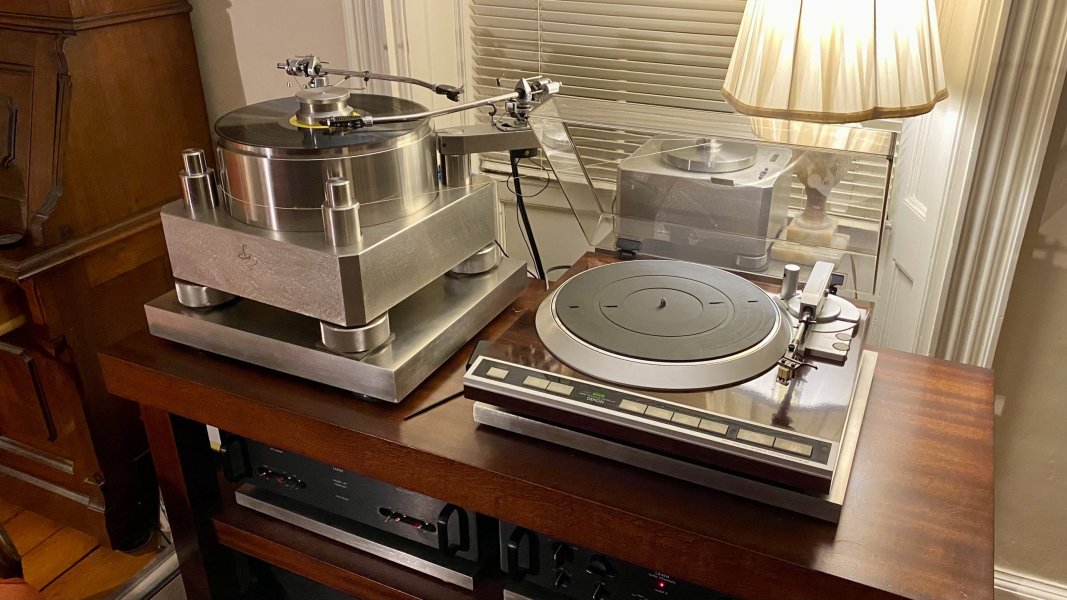I know it (simple voltage regulator) very well and stock motor and controller offers incredible w&f performance which is paramount. Low torque motor means less vibration transferred to platter and no servo means no kicks to the motor a couple of times in a second. Speed stability is also rock solid and only changes with the viscosity of bearing oil due to temperature. After all those years using Verdier table I noticed that after a 3 hour listening session 33.3rpm slightly increases to 33.4 which is unimportant and negligible. Nobody can detect the difference between 33.3 and 33.4rpm but a small increase in w&f can be noticeable. Additionally you can always adjust it with a smartphone in 20 seconds between Lp sides. I used to adjust it in 30 min intervals but I don't do it anymore.Are you using the stock motor and controller with your Platine Verdier? If so you probably know the controller is just a simple voltage regulator and the platter speed can vary depending on thread tightness. Twenty years ago my Galibier table used the same voltage regulator circuit and, as good as the table sounded, it did not have rock solid speed stability. That all changed when Thom Mackris came up with a new design that uses a higher torque motor with a carefully designed servo controller. I believe Thom has fitted his motor/controller on Verdier tables in the past. You might want to contact Thom to discuss this.
Replacing stock motor and PSU with a high torque motor and servo controller is wrong and kills the magic. It may offer 33.3rpm even after a 3 hours listening session but that is not important. Because it can never offer great w&f as stock does. High torque motor and servo is the enemy of great performance. Just a handful of exceptions.
Last edited:










